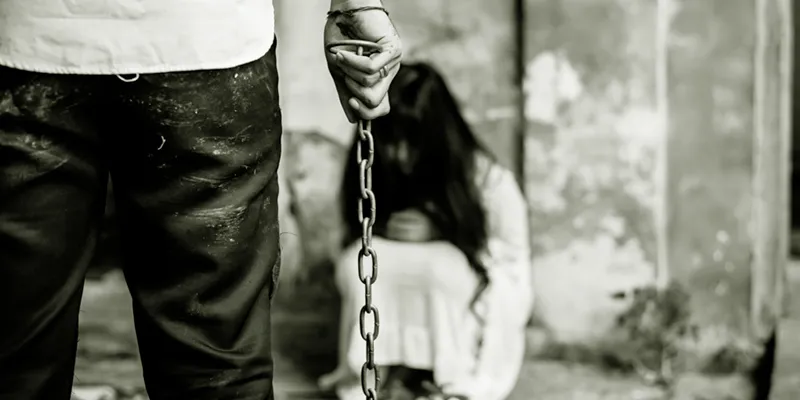Is Russia starting a dangerous trend by decriminalising domestic violence?
Women, minorities and other vulnerable groups have been watching with concern as right-wing ideologies are finding their way into the policies of governments across the world. It is understood in most places that beating one’s spouse is a criminal offence. But in Russia, the Duma (parliament) voted to decriminalise domestic violence against family members unless it is a repeat offence or causes serious damage to the victim like bleeding or broken bones.
The ongoing change is seen as a return to traditionalism under Vladimir Putin’s leadership. Russia continues to be a highly patriarchal society with photos of the President posing with a hunting rifle or undergoing martial arts training adding to his charisma as a highly ‘virile’ leader among his supporters.

Vladimir Putin has signed the controversial new measure that will see domestic abusers in Russia facing fewer penalties. The new law reduces the assault of a relative (wife or child) to a civil offence instead of a criminal one. Human rights activists have raised an alarm since this change is likely to send a signal that abuse is not a serious crime. Putin’s United Russia party pushed for this new amendment, which applies to first-time offenders as well as victims who don’t suffer any serious harm. Beating up a spouse will now be punishable by a fine of less than $500, and 15 days of community service. It is only serious injuries, such as broken bones or concussion, or repeated offences that will lead to criminal charges.
There is plenty of support for the new law, since many feel that it will give parents greater freedom to discipline their children and will reduce the control of the state in people’s personal lives.
Domestic violence has deep cultural roots in Russia. An old Russian proverb says, “If he beats you, it means he loves you.”
Earlier, domestic abuse was punishable by a two-year maximum sentence.
The new amendment also has the support of the Russian Orthodox Church since Church authorities believe “the reasonable and loving use of physical punishment is an essential part of the rights given to parents by God himself”.
According to The Independent, around 14,000 women are estimated to die in Russia each year at the hands of husbands or other relatives (based on data from a 2010 United Nations report). One in every three Russian women suffers physical abuse at the hands of her partner, while 40 percent of all violent crimes take place in the home. Russia also has the ignominy of having only one domestic violence hotline in the country.
According to a Kremlin statement, Putin signed the law after it was approved by both chambers in Russia's parliament - the State Duma, or lower house of parliament, passed the bill in January in its second of three readings by 385 votes to two. It was then passed on to the upper house, where it received approval followed by the President’s signature.







